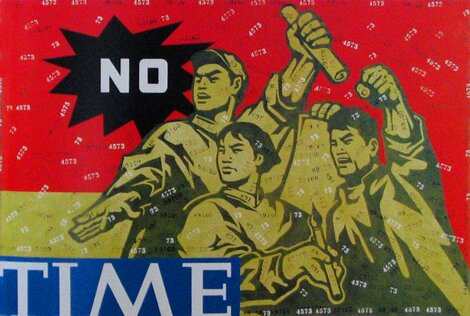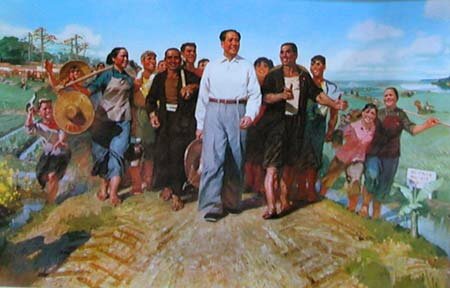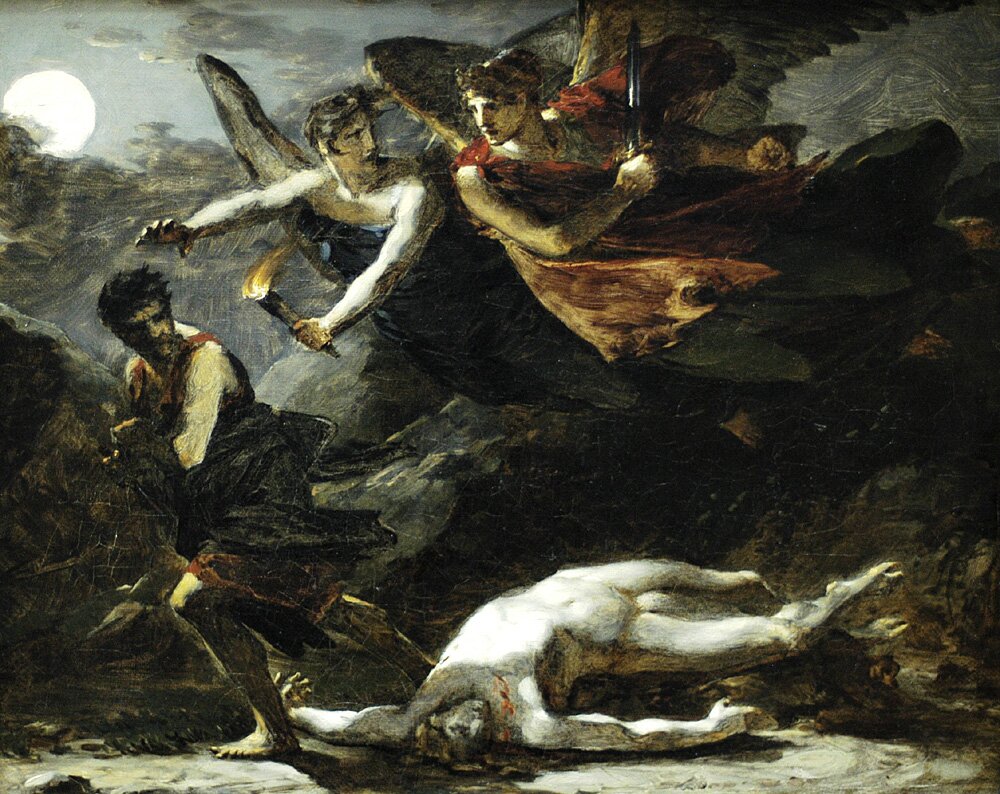Whose Enemies Are They? Part II
I recently spent three days and two night with 85 native Chinese English Professors and school administrators. It was a pleasure trip that Expats in China who suffer from conversational anemia would have loved. This journey was rich in cultural and intellectual nutrients. Since most of the scholars there were educated in both China and the west, it made for great interactive subtleties, and an occasional journey into densely forested woods of dark humor…
At one point during our travels I was verbally recalling a story about four Chinese exchange students who, after 9 months of absence from their classes were reported missing and subsequently found dead in their Australian flat. Without hesitation one professor wryly queried, “were they allowed to graduate?”
The professor who spoke is a bit of living history: his first job paid about 20RMB per day ($.15 cents then. By contrast an enlisted man in the US Army made $3.00 then) and his driving ambition was to save enough to be able to buy a bicycle. Bikes sold for 100 RMB at the time, but only if you had a voucher permitting you to to own one. And even with a voucher there was a bribe that often had to be paid locally that tacked an extra 100 RMB on to the final price. He was one of many intellectuals driven to the countryside during the cultural revolution in an attempt to teach them humility and put those like him more in touch with the proleteriat–the working class. He knows, as shown by his retort, that China has sadly followed the west into areas of industrialized education and that those with money or power need not study nor even attend class to attain a sheepskin in China or America.
Another professor then shared with me a game started in the 80’s in Wuhan (one of four directly controlled municipalities), but is reflective of the time in which he grew up, a time when “authority figures—teachers, landlords, monks and nuns, bosses, intellectuals, doctors, Party leaders—were ‘struggled against’ by gangs of teenage revolutionaries called Red Guards.” The card game, called Beat the Landlord–Dou Di Zhu– (literally fight the landlord) is now wildly popular on the Internet here and has some 20 million players on “QQ” (the most popular of messenger services here in China), allows two “bandits” to gang up on the “landlord” in order to allow one of them to divest himself of all cards and win. The social ramifications are now gone and the meaning all but lost on one of the younger teachers who was listening to music on his Mp4s and feigning interest as would American youth over talk of days of black and white TV or civil rights marches. He attained his diploma the old fashioned way: he earned it albeit with a bit less sacrifice. But, having heard such stories many times before he lacked interest in the topic.

Also at the gathering were members of a few of the reviled groups labeled as such during the Cultural Revolution: The “Nine Black Categories”: Landlords, rich farmers, anti-revolutionaries, bad influences (the catch-all available in any culture), right-wingers, traitors, spies, capitalist roaders and lastly, intellectuals—scholars have been last, or next to last in Chinese caste hierarchies since the Yuan dynasty where they were only slightly better regarded (ninth) in that caste order where beggars were tenth. Present too were past members of the Hong Wei Bing (Red Guard) the more violent of whom persecuted scholars, committed acts of violence against landlords and others (even Deng Xio Ping), famous temples, shrines, and other heritage sites (4,922 out of 6,843 were destroyed). Now all of us, including two Gweilo (“ghost men”) were sharing rice at the same table…
On day two, one of the four “Waijiao” (literally outside teacher, but used to denote any foreign lecturer), having not heard the instructions (in Chinese) early on in our adventure, boarded the wrong bus; hence, we were one person short in our count overall. Speaking in Chinese some of the teachers near me began grousing that it was, of course, a foreigner holding up what was to be called later a “long march” though an area cave. In fact what had happened was that a couple of other native “bad influences” were late due to having gone one Baijiu ( legal Chinese moonshine) over the line the night before. The Chinese teachers, accustomed, but resentful of the leeway given to foreign teachers, were unified in their belief that an outsider was the cause for delay.
I spent a lot of my trip directly and obliquely querying teachers and staff regarding their attitudes toward visiting teachers all of whom are accorded the title of “Foreign Expert” by the provincial education office even when only qualified to teach English by virtue of their country or skin color of birth–credentialed and talented Waijiao are hard to come by here.
Later when at a table with graduates of top schools domestically and abroad it came as no surprise to me that when introducing members of the group seated together a young lecturer referred only to his colleagues as “professors” and ignored giving titles to the two foreigners present; so, later that night during a karaoke break I did not even flinch when another junior faculty member angrily asked friends in Chinese, “Who invited the Waijiao?” They are weary of the unacculturated backpackers who pass though schools with far more in the way of critical opinions than useful skill sets to share….
After twelve years of post secondary education and three decades in the classroom, mostly overseas, I am secure in my scholarship, attempts at cultural sensitivity and pedagogical abilities. And while hurt and, yes miffed too, I try to understand the frustrations of the younger, poorly paid intelligentsia who react more negatively with more vigor as the west fails to recognize the monumental changes in China of the past 15 or so years thus putting these savvy scholars on the same cultural bus as some of their revolutionary predecessors or corrupt present day business and political leaders. The world media has most of the west still reveling in anything draconian while failing to give credence or applause to any positive steps toward becoming responsible global leaders and resentment runs high here.
The west is engaged in a newly branded western game of Beat the Landlord as China begins to dominate certain world economic sectors. And our failure to engage them and recognize and encourage accomplishments, a punishment model approach to change, is fueling a long held distrust of those on the far side of the wall. One academic told me that it will take time for the people of China to manifest a viable bill of rights, “perhaps more time” he told me, “than it has taken your country to deconstruct yours into a bill of rights and wrongs.”
It is a dangerous, knee-jerk nationalism that we foster in both east and west when we don’t acknowledge that most Chinese people still long, and are willing to struggle for, the present day equivalent of a revolutionary’s bicycle…
More in Part III
Uncategorized



